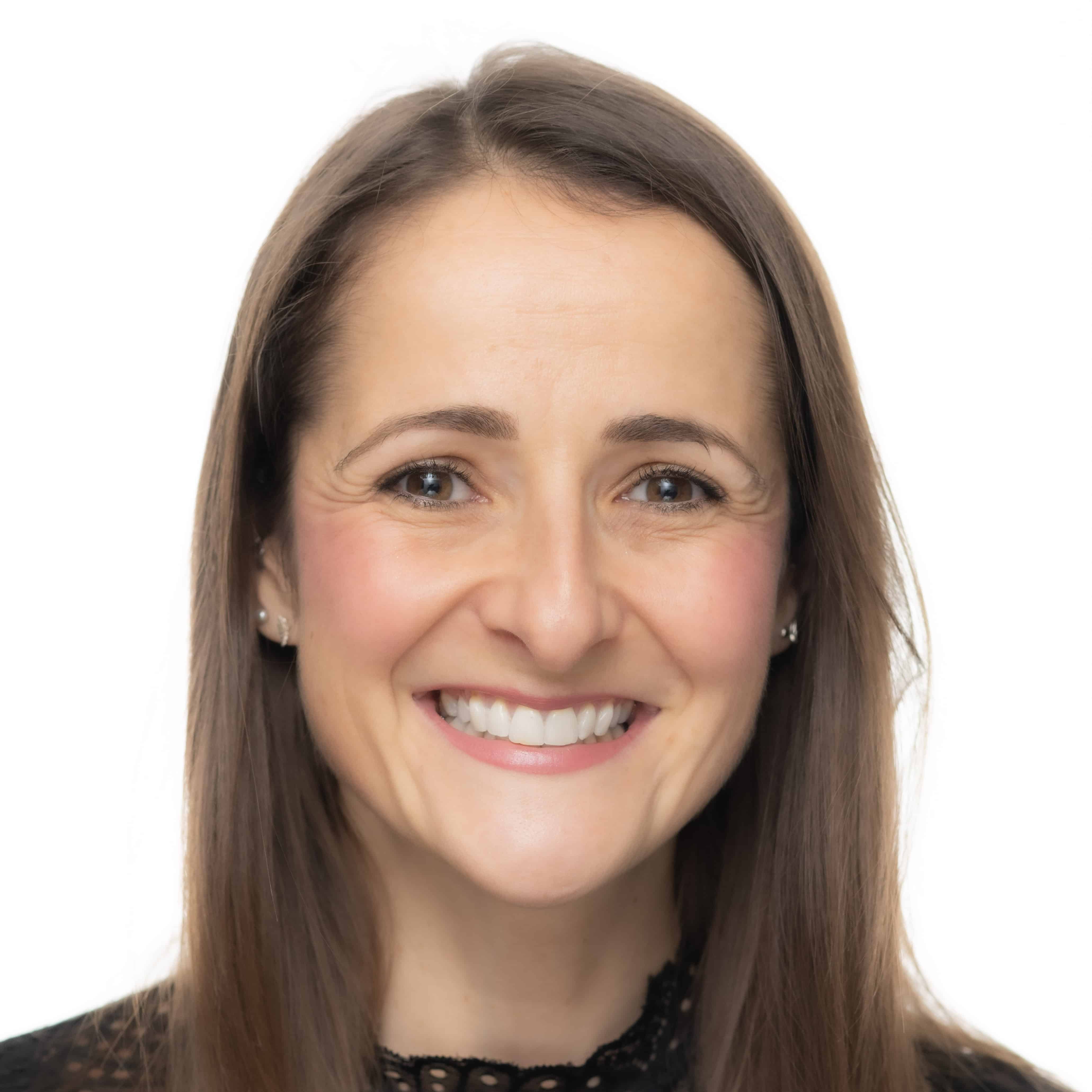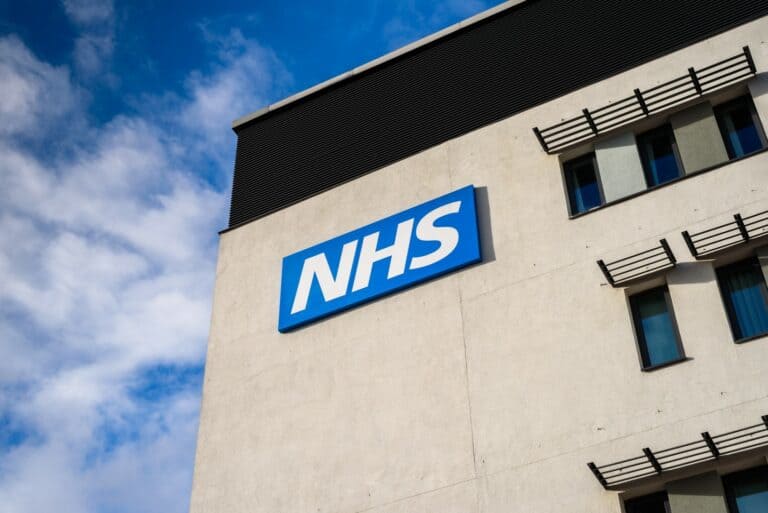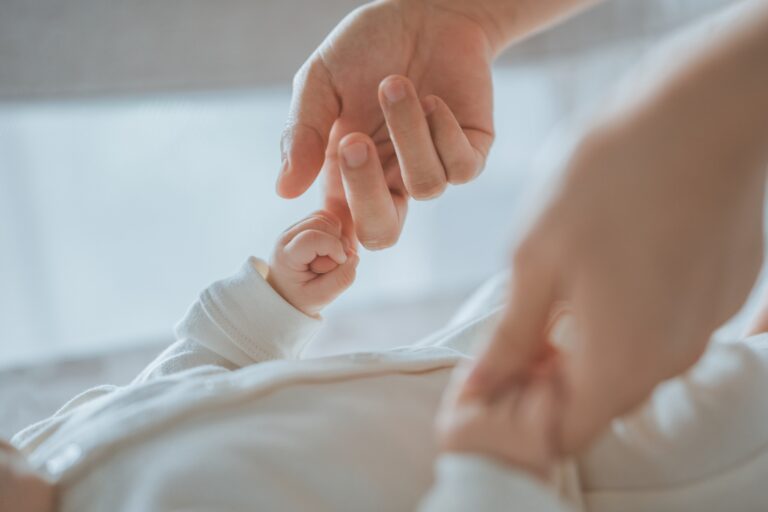Prevention is better than cure – Child Brain Injury, the 10 year high
The statistics
Child birth brain injury is sadly at its highest level since 2005. In 2015, 1,126 birth injuries took place, out of 723,251 babies born at full term[1]. Of those occurrences, 556 were thought, by the Royal College of Obstetricians and Gynaecologists (RCOG), to be preventable. The total number of claims for cerebral palsy and brain damage following childbirth in an NHS hospital in 2015 was 232 – this is the highest total since 2005 when it was 255.
The findings
- Systemic failure
One could say that in 2005 we were significantly further behind in our knowledge and technological advances than where we are in 2017. How then, could it be that 12 years later, we see a resurgence of birth brain injury? We continuously hear about how the NHS is overstretched. Are maternity wards understaffed and treating doctors and midwives overworked? Is it a systemic failure that is causing this increase in child brain injuries?
- NHS blame culture
There remains a culture of failing to report, for fear of blame and shame and sadly, not a culture of candour. Dr Prosser-Snelling, Gynaecologist, recalls in the ‘Each Baby Counts’ Report, 2015, that ‘the same mistakes are made repeatedly’. This is, of course, both serious and disappointing especially given the NHS culture of often not reporting failures when they occur.
- Midwives and the natural birth approach
A ‘natural birth’ approach has been advocated by midwives up until recently. Some of our clients’ mothers have been managed in Midwife-Led Units where as little interference as possible from doctors and technological equipment is encouraged. Often this approach is led by indication, however, sometimes it is to the disadvantage of the mother and baby as medical intervention can be delayed to encourage a natural birth. We know that midwives provide exemplary care at most times and that this is experience is suffered by a minority of mothers in the UK.
Nevertheless, every child born with a brain injury is another child and family who must live with this irreversible damage. Midwives have recently re-evaluated the priority of natural births and I welcome this step. We must acknowledge all potential causes of these devastating injuries as this might benefit mothers and potential sufferers of brain injury in the long run.
- Population
A growing population does mean that the number of complex births will also grow; this may contribute to the increase of incidents.
What needs to be done?
- Duty of candour[2]
Reporting of mistakes and creating a transparent learning and training culture to avoid repeated mistakes.
- NHS Resolution and Redress Scheme
The scheme is designed to ensure that incidents are reported to families promptly. The intention is to lead to earlier compensation and is designed to save the costs of going through a lengthy claims process. Whether the Resolution and Redress Scheme will afford dignity to its injured patients and adequately provide for the life-long needs of the child remains to be seen.
- Prevention
The above Scheme is a step in the right direction but feels more like treatment than a cure. I am calling for more protection and less plaster. The NHS and its patients can benefit tremendously from proactively reducing the number of childbirth brain injuries, not only in terms of compensation but the cost of the lifelong care which will be required by the patient and potentially their carers.
Why does this matter?
The Child Brain Injury solicitor team at Bolt Burdon Kemp provide an exemplary service to families and guardians who dedicate their lives to caring for their children without always understanding how their normal pregnancy has resulted in a brain injury at birth.
We appreciate that every client is part of a family network that suffers along with them. Their confidence in hospitals decreases whilst their reliance on NHS services continues to increase (with parents often psychologically affected by the outcome of these circumstances too). These preventable mistakes are costly to the NHS and they can benefit by creating a proactive framework to stop the errors occurring in the first place.
Recommendations
We all want to see an end to avoidable child brain injury and to see the Department of Health’s recommendation that the NHS stand by its duty of care to mothers put into action. I believe that this can be done by:
- Addressing systemic failures in staffing levels and ensuring that on-duty staff is individually operating at a safe level. Is it really healthy to have 12 hour shifts?
- Ensuring that mothers with pre-existing conditions which render them high-risk and mothers who become high risk during their admission are treated by the appropriate medical professional; and also;
- To ensure that learning takes place to avoid similar incidents from occurring on multiple occasions at the same Hospital or Trust.
Conclusion
Dr David Richmond of the Royal College of Obstetricians and Gynaecologists says, ‘most women in the UK receive exemplary care during labour and the vast majority go home with a healthy baby’. With regard to the ‘small number of tragedies’ he states that ‘often the root cause is difficult to ascertain and uncertainty leads to further pain’. We can all agree with this.
For many, the NHS brings them hope and happiness but some have sadly been left with anger and anguish. Avoidable injury is a dark cloud hanging over the NHS and it will take bravery and honesty to make it go away.
Claudia Hillemand is a senior associate in the Child Brain Injury team at Bolt Burdon Kemp. If you have a claim on behalf of a brain-injured child, contact Claudia free of charge and in confidence on 020 7288 4843 or at claudiahillemand@boltburdonkemp.co.uk. Alternatively, complete this form and one of the solicitors in the Child Brain Injury team will contact you. Find out more about the Child Brain Injury team.
[1] Each Baby Counts Clinical Engagement Forum










